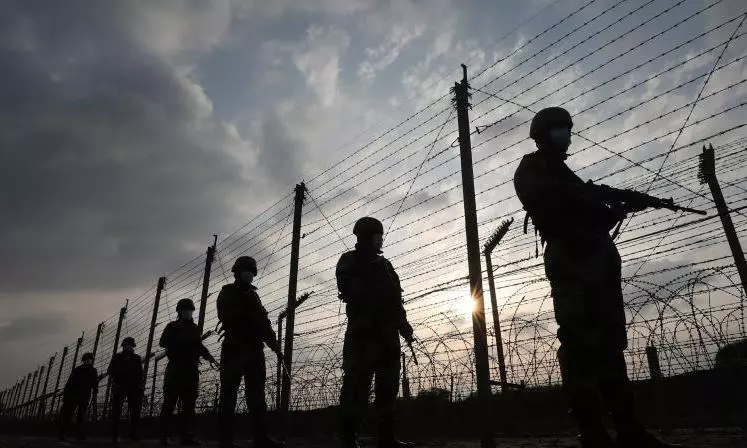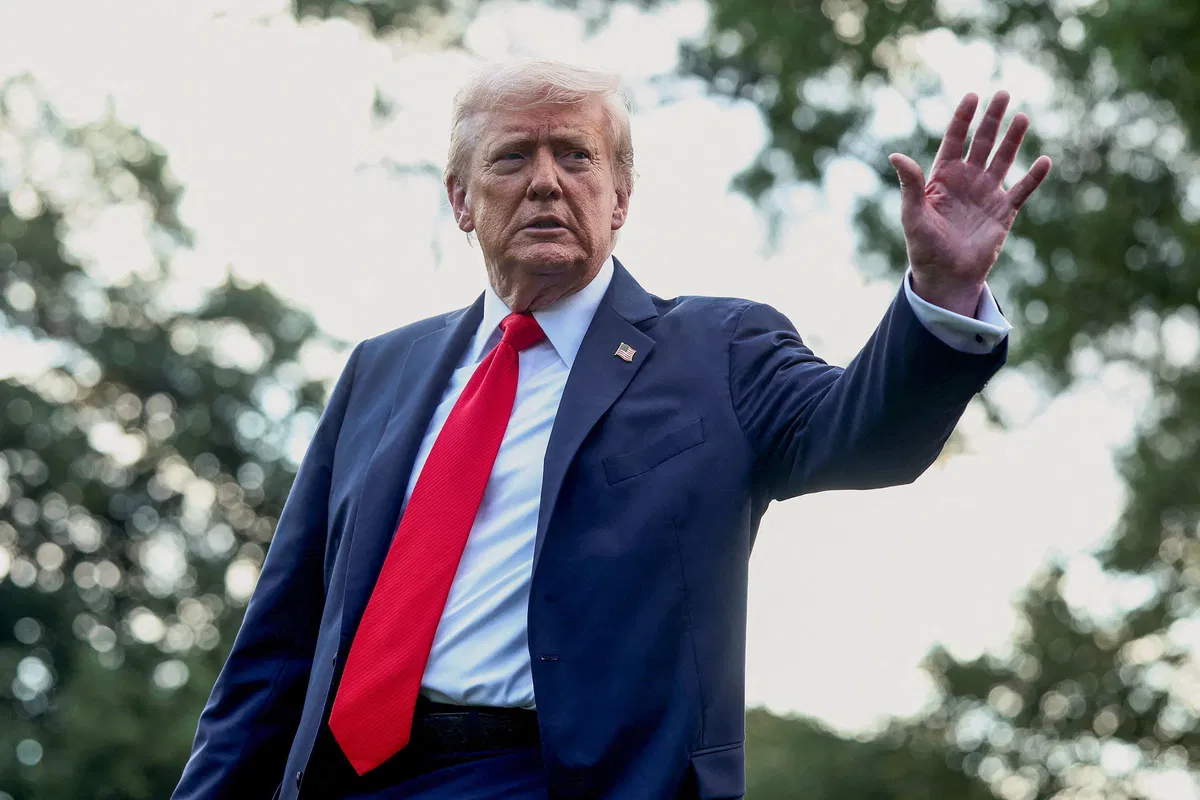By Abhijit Bhattacharyya
Copyright deccanchronicle

We need to compliment the Government of India for its exemplary defiance in the face of gross unethical pressure, supplemented by a chorus of uncouth and uncivilised cacophony unleashed by senior American officials close to President Donald Trump, threatening to arm-twist New Delhi to stop purchasing oil and buying armaments from Moscow. Till now New Delhi has done a good job in protecting its “national self-interest”. One only hopes India doesn’t succumb to the relentless abuse by top Trump advisers like Peter Navarro and his ilk and the ceaseless diplomatic and political onslaught in the near future. India should also never be seen to bend before Mr Trump’s bouts of shrill boasts that New Delhi has promised “zero tariffs” for US exports like Harley Davidson motorcycles and other items. If indeed Mr Trump’s claims come true during US-India trade talks, which are likely to be over by November, as claimed by commerce minister Piyush Goyal, it will be a Himalayan political blunder by India.Defence minister Rajnath Singh was spot on when he declared that nations today “have no permanent enemy or permanent friend, only permanent interests”. That is known as “national self-interest”.What is the definition, if any, of “national interest”? Is it static, mobile, evolving or situational? That is hard to specify and could be subject to varied interpretations from different angles. But despite the issue being vast, and somewhat nebulous, one can define it with a “lowest common denominator”, segregating it from various views on “national interest” of a continent-like country of India. In my view, the first and fundamental job of a citizen is to preserve, protect and guard the Constitution of India, which is the duty of every political party and every Prime Minister, irrespective of his/her politics or ideology.Five broad factors define the basic national interest. Geography (meaning the border) has to be inviolable, demography needs to be preserved, every individual’s right to life, liberty and property must be protected, the economy must be guarded against any kind of foreign interference and the democratic political system must be upheld.The basic national interest of India, with a population of 1.4 billion, begins from keeping its borders secure, because any violation would compromise the sovereignty of the Republic of India. Look at Article 1 of the Constitution: “India, that is Bharat, is a Union of States”; and “1(3) The territory of India shall comprise (a) the territories of the states; (b) the Union territories…” and (c) such other territories as may be acquired”.There just cannot be any ceding of territory to a foreign power. On the contrary, India “may acquire territories”; as evident in the accession of Goa and Sikkim. “India is an indestructible union of destructible units” [Raja Ram Pal vs Speaker of Lok Sabha (2007) 3 SCC 184]. The clear implication: whereas foreigners can’t claim or capture Indian territory, internally, the Constitution stipulates that parliament can “form, increase, diminish, alter the boundaries of any state or territories within India”.Regrettably, however, India’s permanent “national self-interest” has been repeatedly violated and mauled by Pakistan in west and China from north of the Himalayas since the very birth of Independent India in 1947 and rule of the Communist Party of China in Beijing since 1949. Now the axis of evil, comprising Army-run Pakistan and CPC-run Beijing, has permanently damaged India’s national self-interest. India’s lost territories are now in the control of Islamabad and Beijing.China’s past and contemporary history shows its propensity to breach the sovereignty of lands in its immediate vicinity. Unfortunately for China and fortunately for the West, the rulers in Beijing have never enjoyed the luxury of military strength, like that of European colonial powers of Britain, France, Spain, Portugal and others, to subjugate nations and territories across oceans. The Han rulers had to be content with capturing Manchuria, Mongolia, Xinjiang, Gansu and Tibet from time to time, and facing the full fury of Japan, and thereafter surrendering its major port cities to Western powers in 19th and 20th centuries. The adage “as you sow, so you reap” recoiled on Chinese rulers as their propensity to subjugate the weak in their neighbourhood came back to harm them at the hands of distant foreigners.China has, however, refused to learn the lessons of history. It re-created the tragedies of history with its capture of independent Tibet, driving the Dalai Lama into exile, and following it up by making India its permanent target to enhance dominance. India’s self-interest is therefore in a permanent state of siege, as Beijing’s goal is to keep New Delhi on a leash.India therefore needs a more active, alert and agile plan to ensure that any tactical friendship with the Dragon, to counter Donald Trump’s tariff offensive, doesn’t permanently cripple it into a state of policy…



